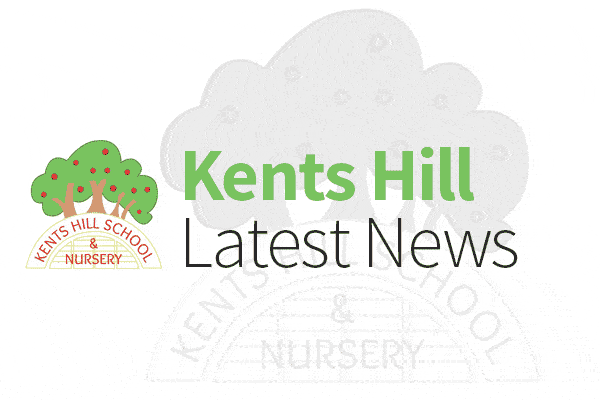Curriculum
At Kents Hill School and Nursery, we have a creative approach to our curriculum, which is specifically tailored to our children's needs. We understand the importance of an exciting, well-rounded, inclusive curriculum to prepare our pupils for the next stage of education, and for their future. Our curriculum is broad, balanced and meets the requirements of the National Curriculum.
Intent, Implementation & Impact
As a staff, we have given careful consideration to our children, their experiences and needs, and developed a curriculum model that is engaging, ambitious and develops curious, independent learners.
At the heart of our curriculum design is our school aims and vision and we strive to make learning irresistible.
Our curriculum is delivered through cross-curricular ‘Projects’ that aim to inspire and excite children with a range of rich and memorable learning experiences. The children go on a learning journey from their initial ‘WOW’ project launch experience, to the project finale. Each “Project” is built on actively promoting children’s learning and thinking through creative, practical experiences. To support this we regularly take part in educational visits to museums, theatres, art galleries and places of cultural interest and provide pupils with exciting enrichment activities and opportunities through visits into school. In addition, we may run a whole school curriculum week with specific areas of focus such as; Life Skills, Faith Celebration, STEM or Outdoor Learning.
In addition to the acquisition of knowledge and skills, the delivery of our curriculum supports and develops our British Values and 'life skills' such as collaboration, perseverance, resilience and problem solving; so our pupils become confident learners, well prepared for the 21st century.
Overview of Curriculum Aims
- Ensure our curriculum underpins our aims, vision & values.
- Nurture a life-long love of learning.
- Prepare children for the 21st Century.
- Ensure all pupils are supported to achieve their full potential.
- Take account of children's interests and fascinations.
- Enable children to make choices about their learning.
- Engage children through exciting topics and hands-on activities.
- Make meaningful links between subjects.
- Develop children's skills, knowledge and understanding of a range of themes and concepts.
- Make effective connections to the real world.
- Help children to think creatively and solve problems.
- Develop children's capacity to work independently and collaboratively.
- Foster mutual respect, understanding and a celebration of diversity.

